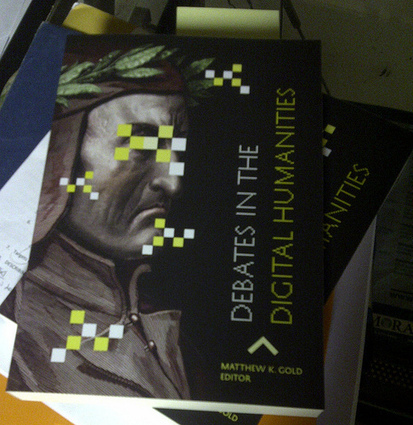Hybrid Pedagogy is an academic and networked journal of teaching and technology that combines the strands of critical and digital pedagogy to arrive at the best social and civil uses of technology and digital media in education.
If we apply the idea of performance-as-creation in a classroom environment, we go against the current trends of standardization and measurement that often distract attention from actual learning and place it instead on drills and test scores. When a student’s explicit goal is to earn a certain score on a certain test, the test becomes the student’s adversary. Learning becomes an act of competition in which the student -- young and inexperienced -- is pitted against the examination, often created by a team of “experts” in the name of instructional design. Endless assessment creates a school environment in which students are challenged to prove that they can outwit an exam. Learning, in this system, happens by accident or according to the strict expectations of the test.



 Your new post is loading...
Your new post is loading...













